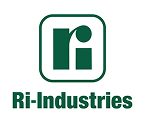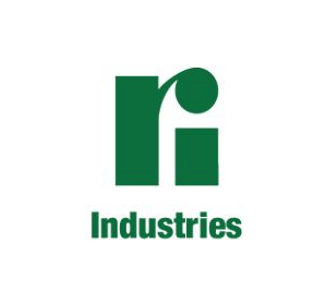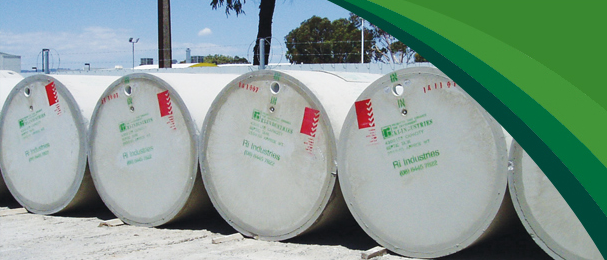“Green Living”, “Green Cleaning”, “Reduce, Reuse, Recycle”. These are all terms our children hear just about every day. We talk to them about saving our planet, the importance of trees, and that it is wrong to litter or pollute. The environment is important to us too at Ri Industries. We work hard to help our community conserve water and have clean water to drink. But we wonder, are these politically correct terms just words our kids are used to hearing, or do they truly understand the importance of their message?
We encourage interactions that produce true understanding in the kids. In a previous blog, we wrote How to Teach Children About Water Conservation. Now, we would like to talk about the green movement in general. We searched for resources or tools that would be useful and came across Jim Henson’s Sid the Science Kid. Here are some tips that Sid offers:
*Don’t waste water
You can save water by turning off the faucet while brushing your teeth, telling an adult if the faucet is leaking and not filling the bath tub to the very top. We can only use a teeny part of the water that’s in the world, so we have to try to not waste it.
*Reduce air pollution
Engines create dirty air which is also known as air pollution. You can reduce air pollution by riding bikes and walking instead of using a car. If we stop our air from getting dirty in the first place, we won’t have to worry about cleaning it later.
*Plant a tree
Trees are beautiful and they are useful in so many ways. One of the most important things they do is clean the air we breathe. You can do your part to help by planting a tree, and watering trees and plants to help them grow.
*Recycle
Objects made of glass, paper and plastic should be recycled because they can be made into something new. Help mom and dad separate all recyclable products from the trash and take them to a recycling center.
* Preserve animal habitats
Animal habitats are all around us. A habitat is a place outdoors where animals live and find food and shelter. Be careful not to disrupt habitats when you share their space. If we interfere with a habitat, the animals’ homes could be destroyed.
The best way to teach our children is leading by example. Don’t just talk to your kids about “going green”, but work green concepts into your daily life. We only have one planet to leave them, let’s make it a good one.











